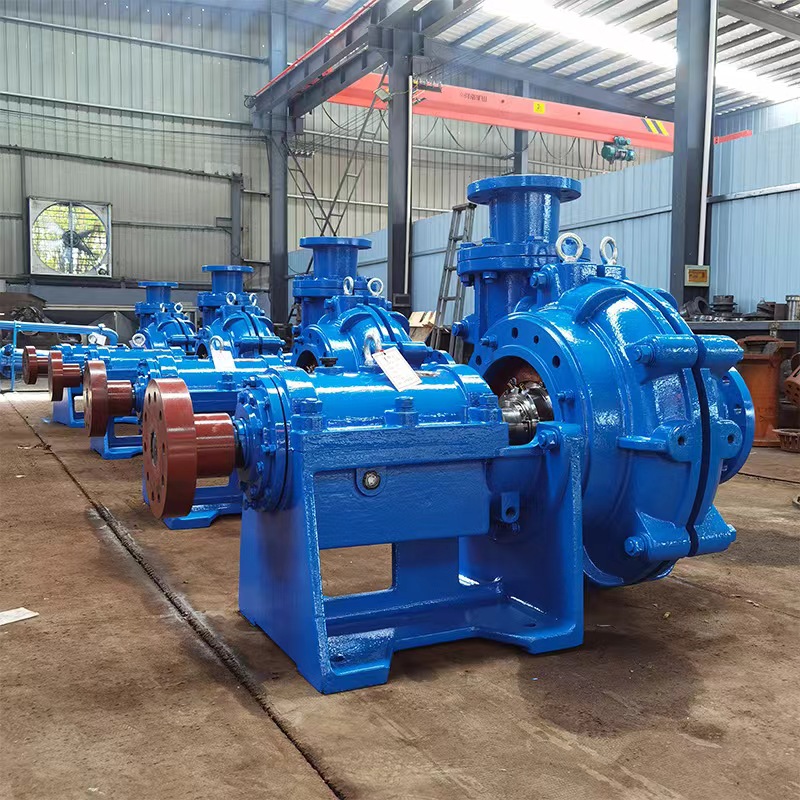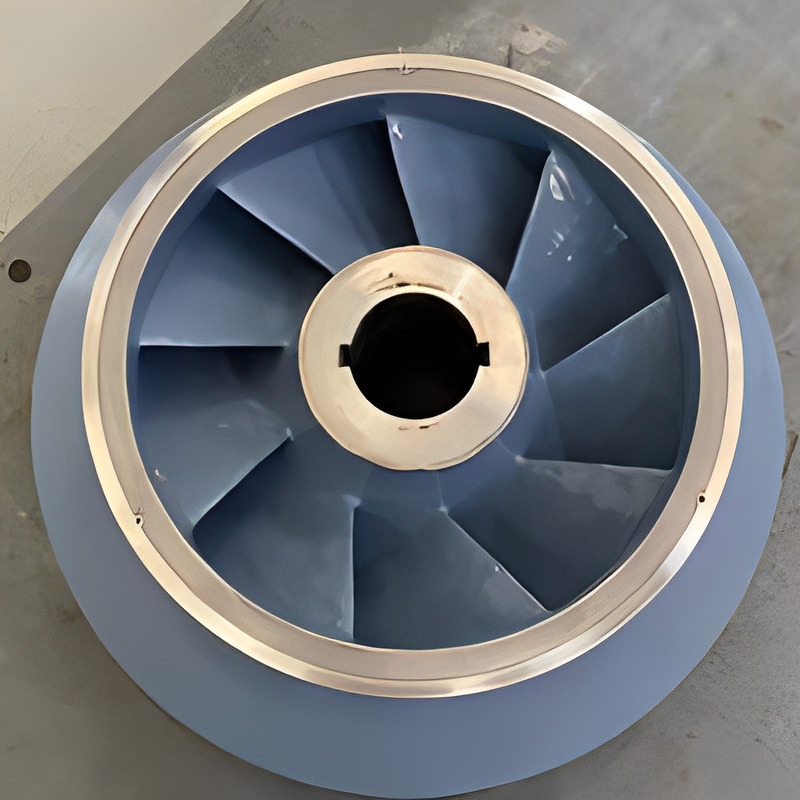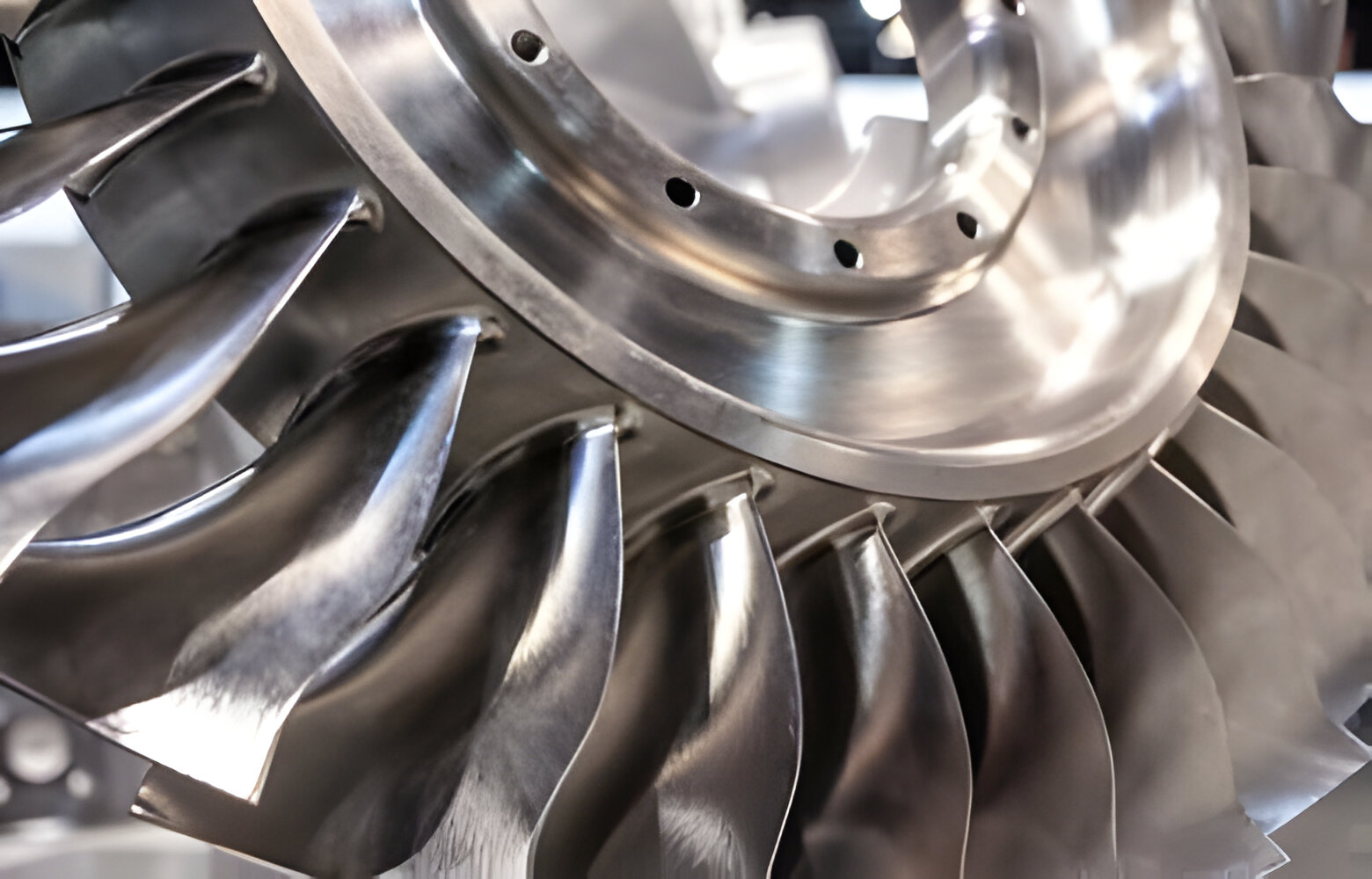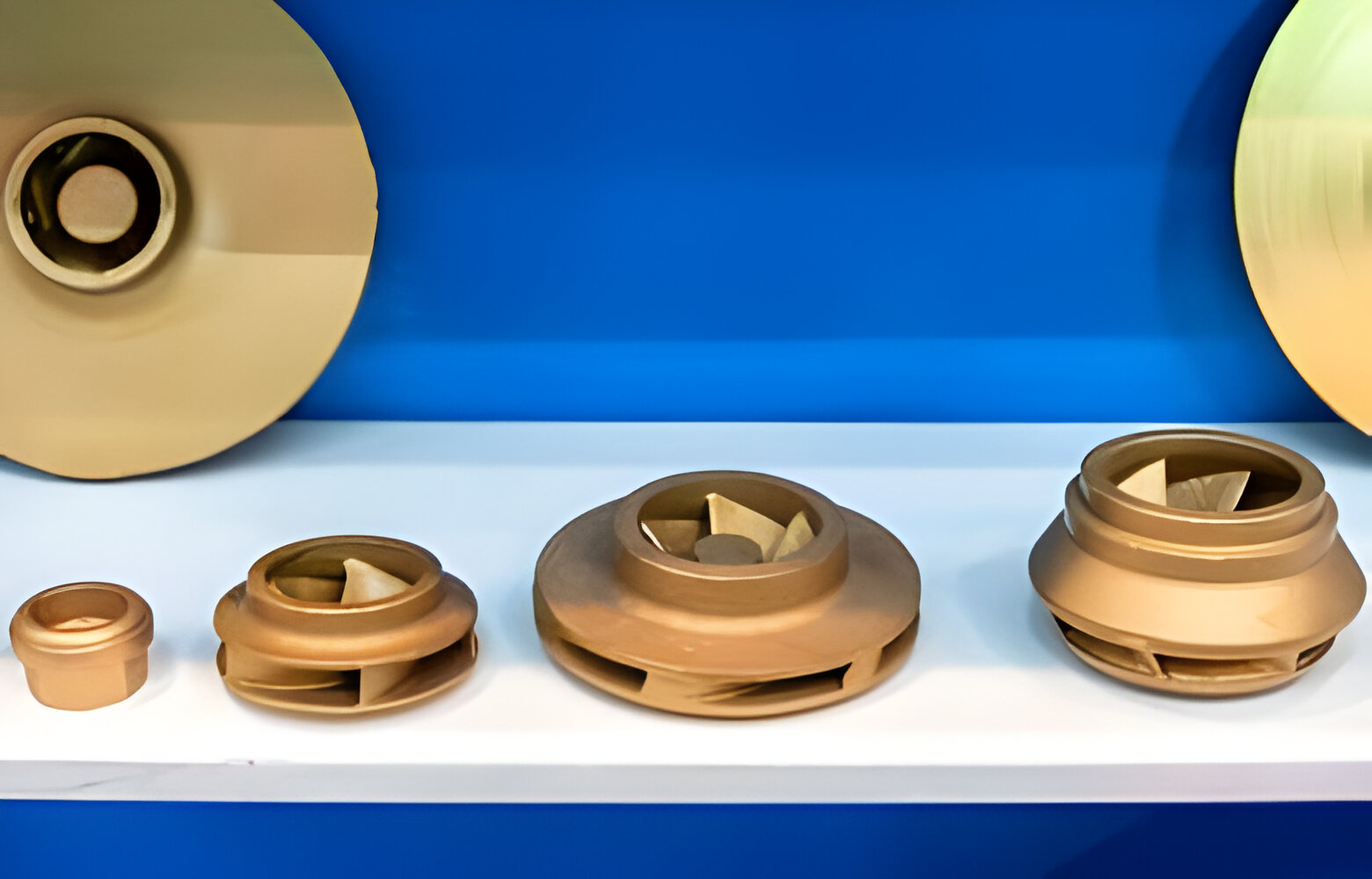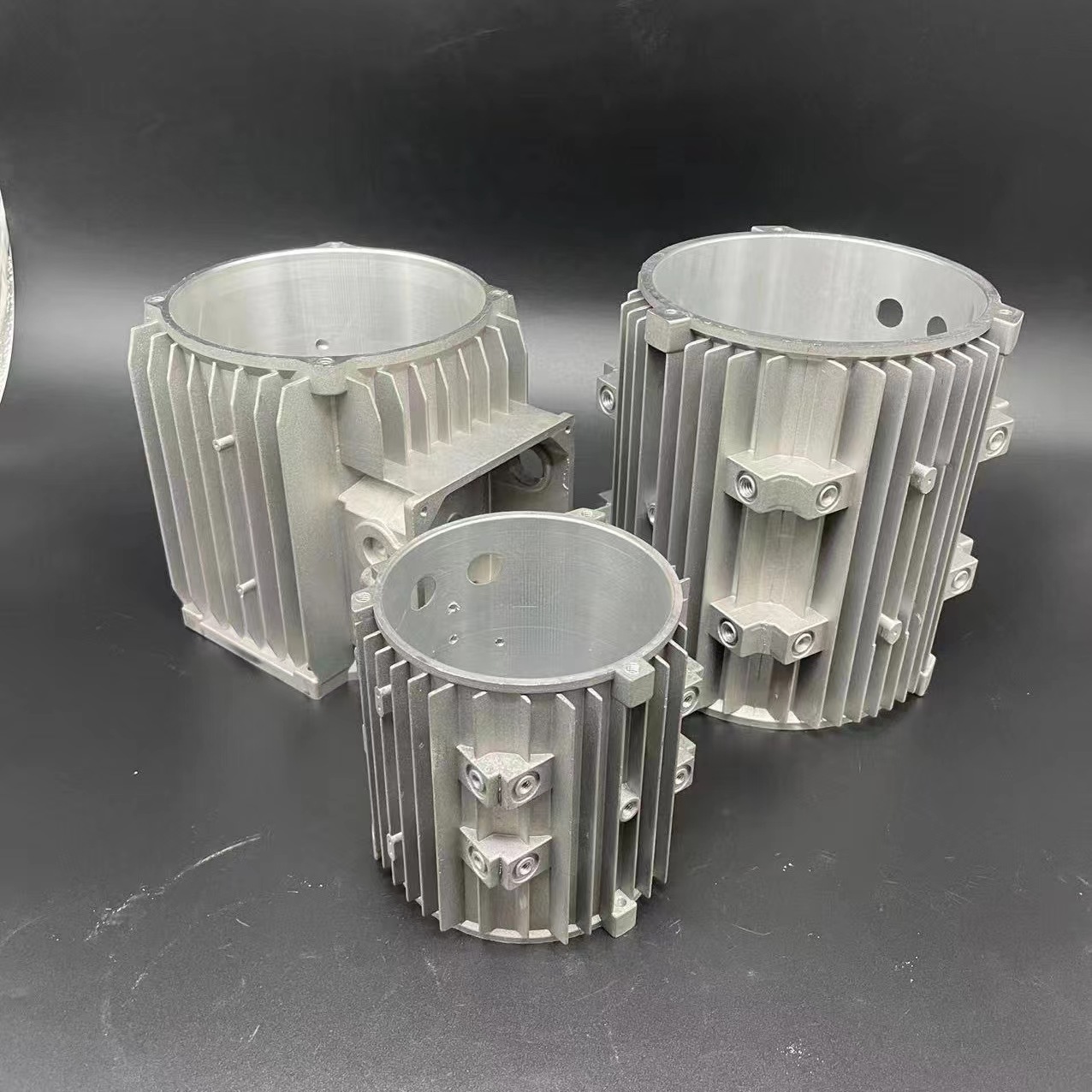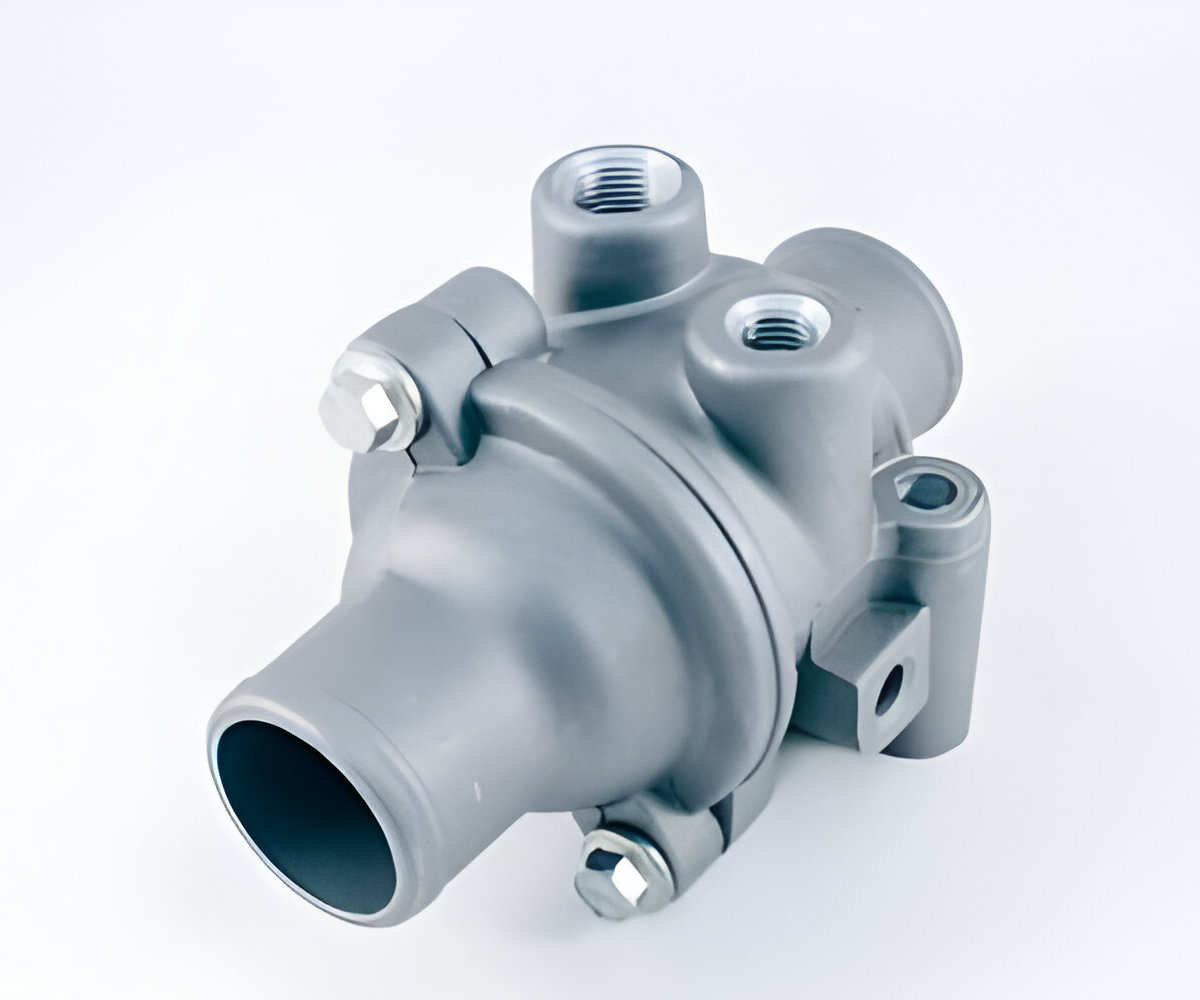Sump pumps are crucial devices designed to prevent flooding and water damage in basements and lower levels of buildings. Among the key components of a sump pump, the impeller plays a vital role in efficiently moving water out of the sump pit. In this article, we explore the significance of cast iron impellers in sump pumps, their manufacturing process, and their advantages in ensuring reliable water removal.
Understanding Sump Pump Cast Iron Impellers
Sump pump cast iron impellers are central to the functionality of sump pump systems. These impellers are designed to rotate within the pump housing, creating centrifugal force to draw water into the pump and expel it through the discharge pipe. Cast iron impellers are preferred for sump pumps due to their durability, corrosion resistance, and ability to withstand the abrasive nature of water containing debris and sediment.
Manufacturing Process of Sump Pump Cast Iron Impellers
The manufacturing process of sump pump cast iron impellers typically involves sand casting, a method well-suited for producing complex shapes and intricate details. Here's an overview of the sand casting process for sump pump impellers:
- Pattern Creation: A pattern, resembling the final impeller shape, is crafted from wood, metal, or plastic.
- Mold Preparation: The pattern is placed in a flask, and sand is packed around it to form the mold cavity.
- Pouring: Molten cast iron is poured into the mold cavity, filling the space and taking the shape of the impeller.
- Cooling and Solidification: Once poured, the cast iron cools and solidifies within the mold, forming the desired impeller shape.
- Finishing: After cooling, the casting undergoes finishing processes such as machining and polishing to achieve the required surface finish and dimensional accuracy.
Through meticulous attention to detail and quality control measures, manufacturers ensure that sump pump cast iron impellers meet stringent performance standards and customer requirements.
Advantages of Sump Pump Cast Iron Impellers
There are several key advantages associated with sump pump cast iron impellers:
- Durability: Cast iron impellers offer exceptional durability, capable of withstanding prolonged exposure to water and debris without degradation.
- Corrosion Resistance: Cast iron impellers are inherently resistant to corrosion, making them suitable for use in sump pump applications where water may contain corrosive elements.
- Efficient Water Removal: The design of cast iron impellers ensures efficient water removal from the sump pit, minimizing the risk of flooding and water damage in residential and commercial spaces.
- Cost-Effectiveness: Compared to alternative materials such as stainless steel or bronze, cast iron impellers provide a cost-effective solution without compromising performance.
By leveraging the advantages of cast iron impellers, sump pump manufacturers and users can ensure reliable and effective water removal, safeguarding properties against potential water damage and flooding.
Sump pump cast iron impellers play a crucial role in maintaining dry and safe environments in basements and lower levels of buildings. With their durability, corrosion resistance, and efficiency in water removal, cast iron impellers are indispensable components of sump pump systems. By understanding the manufacturing process and advantages of cast iron impellers, customers can make informed decisions to optimize sump pump performance and protect their properties from water-related risks.

